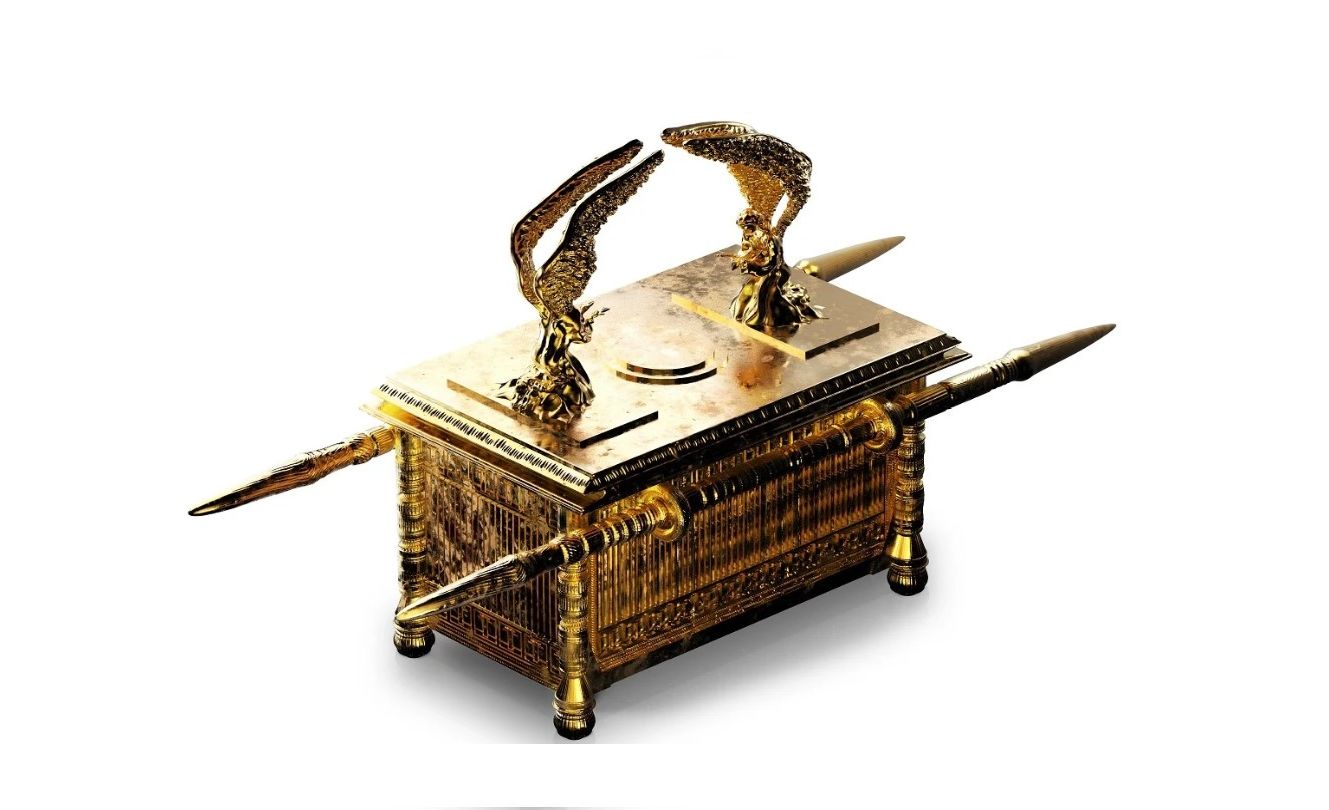
Ki Teitzei: God Helps
Hashem is ready and willing to help us remove the load that weighs us down. If we fall, He will help us get back up again!

Stand Them Up
As we move through the month of Elul we think about how to make real and lasting life changes. In a seemingly innocuous commandment in this week’s parsha, the Torah gives us directions how to make those changes.
“You shall not see the donkey of your brother or his ox falling on the road and hide yourself from them; surely stand them up, with him” (Devarim 22:4).
This verse refers to an animal that has fallen, to a load that has fallen from an animal and to an animal that falls while still carrying its load.
“If the owner helps you, you must work with him to lift the animal and burden. But if he just sits by and says, ‘Since you have a mitzvah to unload, go ahead and do so,’ and does not assist you, you are not responsible, as it says [Ibid.]: ‘You shall surely stand them up, with him’” (Sifrei).
The Chofetz Chaim derives an important principle in our spiritual development from the verse: “You shall surely stand them up, with him.” Allegorically, the "him" in this verse refers to Hashem. Hashem is ready and willing to help us remove the load that weighs us down. If we fall, He will help us get back up again!
However, as the Halachah in the Sifrei makes clear, the responsibility to help us is only when we are with Him. To be eligible for His Divine assistance we have to make the first move – “the one who comes to purify himself receives Divine assistance.” If we make the effort to sanctify ourselves in this world, we merit Divine assistance from Above.
We can, for example, make concrete steps to stop speaking lashon hara — slander and gossip — in addition to praying for assistance in guarding our tongue. One suggestion is to set aside an hour of the day when we are especially careful not to speak or listen to lashon hara. When we have the courage to take that first step, Hashem will surely come to our assistance!
Save My Life!
The Chofetz Chaim illustrates this idea with a parable:
The poor, long suffering Yankel met Shlomo the rich man in the village street. “Oh, you can save my life!” he cried. “I’m in terrible straits, but I’ve found a wonderful business opportunity. I just need a loan of fifty rubles to take advantage of this opportunity and turn my life around.”
“Well, that’s a huge amount,” replied Shlomo, “but I’d like to help you. I don’t have that kind of cash on me now, come to my home this evening at 5:00 and I’ll give you the loan.”
Shlomo adjusted his busy schedule so that he would be ready with the cash at five o'clock. He waited and waited, but Yankel never showed up. “Something must have happened," he thought.
The following day, Shlomo bumped into Yankel again. Yankel rushed to him, crying, “Oh, you can save my life! I’m in such terrible straits, but this time I can really turn things around. I just need a loan of fifty rubles to take advantage of this opportunity…”
Shlomo was incredulous. “Yesterday I told you to come at five. I rearranged my entire schedule so that I could give you the money! Where were you? Well, it’s okay. Just come today at five and I’ll give you the loan.”
Once again, Shlomo rearranged his schedule and made sure to be home at the appointed hour to wait for Yankel. But Yankel did not show up.
The following morning Yankel stopped Shlomo and recited the same refrain: “You can save my life… just a loan of fifty rubles…”
This time, however, Shlomo exploded impatiently, “You’re not serious at all! If you really wanted the money you would have come yesterday or the day before! You’re just playing around, making requests. You have no intention of following through.”
Take It Seriously
Every day we pray, “Be gracious and teach us the Torah… Place in our hearts to understand, to grasp, to hear, and to learn… illuminate our eyes in Your Torah.”
When we recite these prayers, the angels on High, so to speak, fill buckets of wisdom to pour into our hearts, so that we can grasp, hear and learn. Instead, however, we rush out of the synagogue the moment we conclude our prayers. The buckets, so to speak, remain suspended in midair.
“He has to go to work,” the angels defend us. “Wait until he finishes work and then he’ll sit down to learn Torah.” But the same scene repeats itself in the afternoon, and again in the evening.
Hashem is waiting to graciously grant us wisdom and understanding. He assists those who choose to do His mitzvot and is prepared to give them whatever they request. There is only one thing he asks: Come to meet Me in My house, which is the Beit Midrash, the study hall, and set fixed times for learning Torah.
Sometimes a person’s prayers are recited externally, by rote. Although every day we ask Hashem to open the Gates of Heaven and fill our hearts with the Torah’s wisdom, like poor old Yankel we often miss the appointment for the fifty rubles and never sit down to learn. The next day we’re there again, asking for the depths of wisdom, but then plunge into our busy whirlwind day, forgetting everything we beseeched Hashem to give us.
The prophet exhorted the people of Israel: “Take words with you and return to Hashem!” (Hoshea 14:3). Take those words you recite every day with you; don’t forget them in the course of the day! Pay close attention to what you’re asking for in the prayers and then “return to Hashem” in complete repentance (Mishlei Chofetz Chaim 11).
Let’s take the first step toward building a strong connection to Hashem and improving our relationships with our fellow man. In the merit of that initial effort we will be granted Divine assistance that will take us above and beyond our wildest dreams.











Tell us what you think!
Thank you for your comment!
It will be published after approval by the Editor.